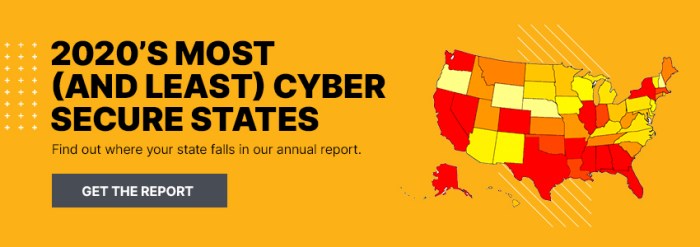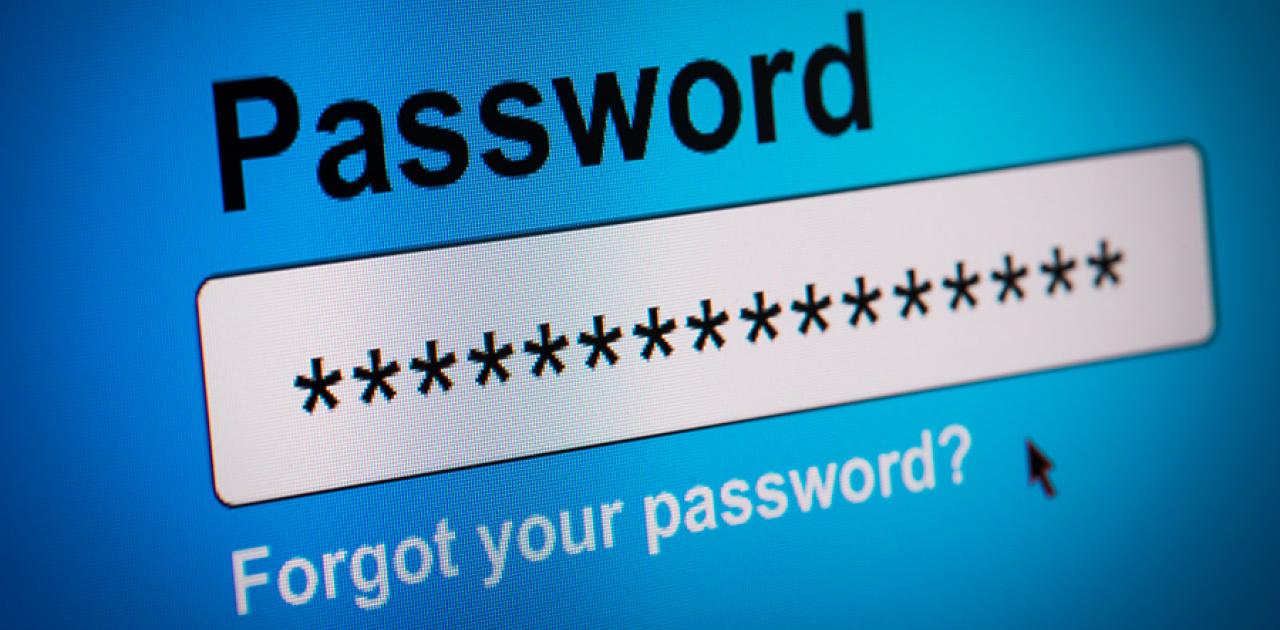In an era where digital security reigns supreme, what makes a good password everfi has become paramount. This comprehensive guide delves into the intricacies of password creation, empowering you with the knowledge to safeguard your online presence from malicious actors.
From the significance of password length and complexity to the perils of password reuse, we meticulously examine the essential elements that contribute to an effective password strategy. By adhering to these principles, you can construct passwords that are both robust and impervious to compromise.
Password Length and Complexity
Strong passwords are essential for protecting online accounts. They should be long and complex, containing a minimum of 12 characters and a combination of uppercase and lowercase letters, numbers, and symbols.
Strong passwords are difficult for attackers to guess or crack. For example, “password123” is a weak password because it is short, contains only lowercase letters and numbers, and is easy to guess. A strong password, such as “C0mpl3xP@ssw0rd!”, is much more secure because it is longer, contains a variety of character types, and is not based on a common word.
Password managers can help you create and manage strong passwords. They generate and store passwords for you, so you don’t have to remember them yourself. This makes it easier to use different passwords for each of your online accounts, which is essential for good password hygiene.
Password Uniqueness

It is important to avoid reusing passwords across multiple accounts. If an attacker gains access to one of your passwords, they will be able to access all of your accounts that use that password.
To create unique passwords, you can use a variety of techniques. One common technique is to use a different password for each website or service. Another technique is to use a password manager, which can generate and store unique passwords for you.
Character Variety and Symbol Usage

Using a variety of character types (uppercase, lowercase, numbers, and symbols) in your passwords makes them more difficult to crack. Attackers typically use automated tools to guess passwords, and these tools are more likely to succeed if your password contains only one or two character types.
For example, the password “password123” is weak because it contains only lowercase letters and numbers. A stronger password, such as “P@ssw0rd123!”, is more secure because it contains a variety of character types.
Avoiding Personal Information
Using personal information (e.g., names, birthdays, addresses) in your passwords is a bad idea. This is because attackers can easily guess or obtain this information about you.
For example, if your password is your name followed by your birth year, an attacker could easily guess it by looking at your social media profile. A stronger password, such as “C0mpl3xP@ssw0rd!”, does not contain any personal information and is therefore more difficult to guess.
Regular Password Updates
It is important to regularly update your passwords. This is because attackers can use a variety of techniques to obtain your passwords, even if they are strong. By updating your passwords regularly, you make it more difficult for attackers to gain access to your accounts.
How often you should update your passwords depends on a variety of factors, such as the sensitivity of the data that you are protecting and the likelihood that your passwords will be compromised. A good rule of thumb is to update your passwords every 3-6 months.
Two-Factor Authentication (2FA): What Makes A Good Password Everfi
Two-factor authentication (2FA) is a security measure that adds an extra layer of protection to your online accounts. With 2FA, you are required to provide two pieces of information when you log in to your account: your password and a one-time code that is sent to your phone or email address.
This makes it much more difficult for attackers to gain access to your accounts, even if they have your password. This is because they would also need to have access to your phone or email address in order to obtain the one-time code.
Password Storage and Management

It is important to securely store and manage your passwords. This means that you should not write them down on paper or store them in a file on your computer. Instead, you should use a password manager.
Password managers are software programs that store and manage your passwords for you. They encrypt your passwords so that they are protected from unauthorized access. Password managers also make it easy to generate strong passwords and update them regularly.
FAQ Compilation
What is the optimal length for a strong password?
A strong password should ideally be at least 12 characters long.
Is it acceptable to use personal information in my password?
No, it is strongly discouraged to use personal information such as names, birthdays, or addresses in your password, as it can be easily guessed or compromised.
How often should I update my passwords?
It is recommended to update your passwords every 3-6 months to minimize the risk of compromise.